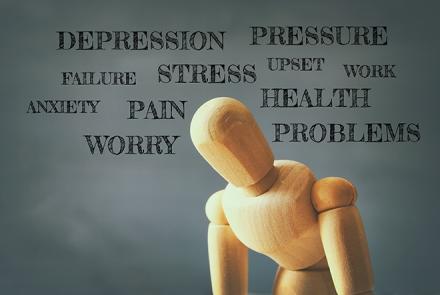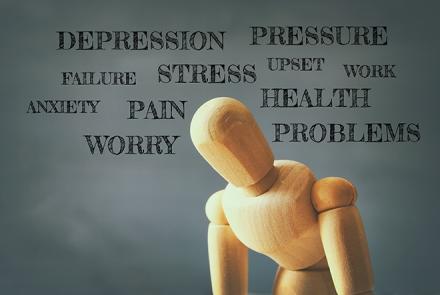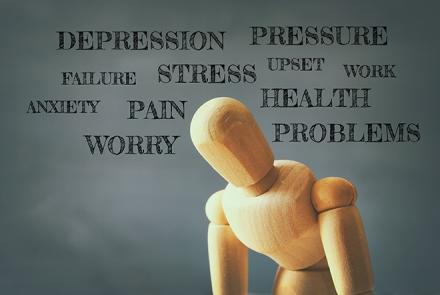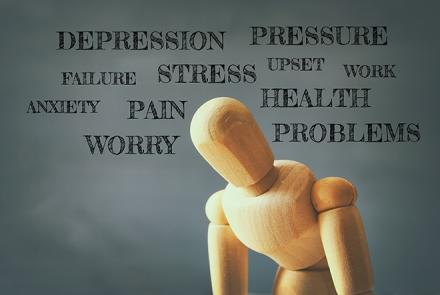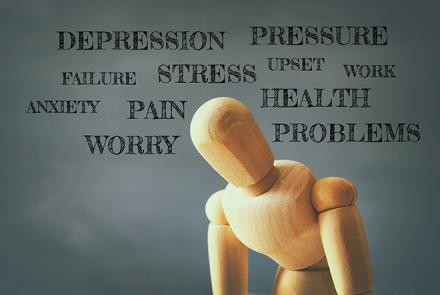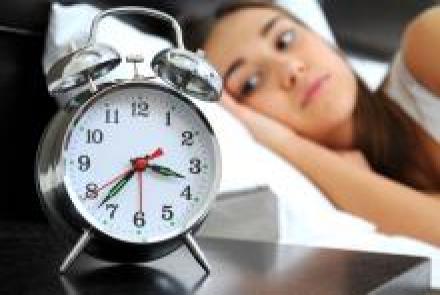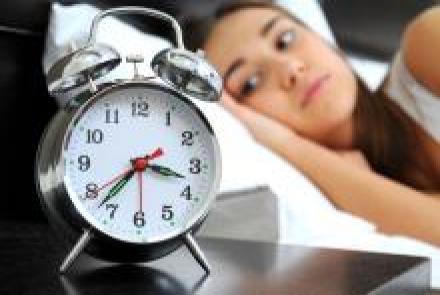What causes depression
The exact cause of depression is not known. Any person can develop depression but some people are more prone to it. Depression can be triggered by life events such as relationship problem, illness, redundancy, work stress. It may also be caused by certain disorders of the thyroid and pituitary glands and hormonal disorders.
Evidence from genetics, neuroscience and clinical investigations demonstrates that depression is a disorder of brain. Modern brain imaging…
Latest Stories
- These are some common symptoms: Persistent sadness or low mood Marked loss of interest in normal activities Disturbed sleep Change in appetite Tiredness or loss of energy Slowing of movements Poor concentration Feeling of worthlessness Recurrent thoughts of death Related reading: 5 Overlooked Signs of Depression
- Types of depression Severity can vary from person to person. Severe depression is when almost all of the nine symptoms mentioned above are present. Symptoms will markedly interfere with your normal functioning. Moderate depression is when more than 5 symptoms mentioned above are present. Normal functioning is impaired between mild to severe. Mild depression is when 5 or fewer symptoms of those mentioned above are present. Normal functioning is mildly impaired. Complications of…
- Treatment varies based on the severity of Depression Severe or moderate depression Antidepressant medicines: These are commonly used to treat moderate or severe depression. Antidepressants can take 2-4 weeks before the effect builds up fully. The newest and most popular antidepressants are called selective serotonin reuptake inhibitors (SSRIs). The following are examples: Fluoxetine Sertraline Escitalopram Paroxetine Citalopram Psychological (Talking) Treatments Cognitive behavioural…
- Apart from getting the right treatment, you should also follow these suggestions to manage depression: Food and nutrition There is no specific diet for depression but evidence suggests that good nutrition is essential for our mental health and number of mental health conditions may be influenced by dietary factors. Do eat regularly even if you do not feel like eating. Try to eat a healthy diet that includes the following: Lots of nutrients to keep the body functioning optimally…
- While there are no tests for diagnosing depression, doctors may administer a questionnaire to determine if the condition is depression. Doctors may also prescribe lab tests to determine if the depression is caused due to some other underlying illness. Head trauma Central nervous system tumors Chronic Fatigue Syndrome Stroke Multiple sclerosis Syphilis Some cancers
- Clinical Depression can not be prevented. Eat a healthy diet, get regular exercise, and take time out for fun and relaxation. These will help you prevent a depressed mood. However if the depressed mood continues for more than 2 weeks, do see a doctor.
- Symptoms of insomnia include; Difficulty falling asleep despite being tired Trouble getting back to sleep if awakened Waking up frequently during the night Waking up too early in the morning Relying on sleeping pills or alcohol to fall asleep Daytime drowsiness, fatigue or irritability Difficulty concentrating during the day When to seek insomnia treatment If you’ve tried changing your lifestyle and it hasn’t helped, you may need to see a doctor or sleep disorder specialist…
- Are you at risk of developing insomnia Insomnia is a common disorder and it affects women more often than men. This can occur at any age. Older adults are more likely to have insomnia than younger people. The people who are at risk include those who: Have a lot of stress Are depressed or have other emotional distress such as divorce or death of a spouse Have lower incomes Work at night or have shift changes in their work Travel long distances Have an inactive lifestyle Have certain…

